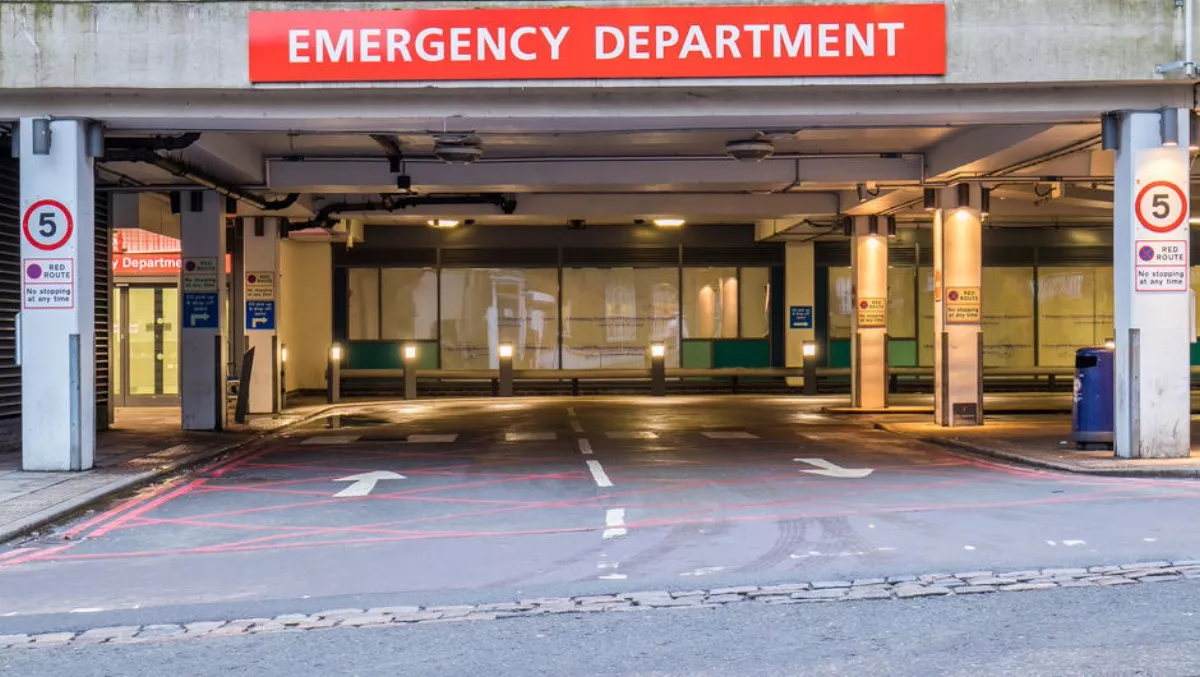
Breaking: NHS accidentally leaks data of 150,000 patients
The NHS has reported that a coding error in its patient data management system has resulted in the data of 150,000 patients being mistreated.
According to a statement released by the Parliament, NHS Digital recently identified a supplier defect in the processing of historical patient objections to the sharing of their confidential health data.
The data for these patients was used in clinical audit and research aimed at driving improvements in outcomes for patients without their consent.
Objections recorded in GP practices running clinical software TPP's system between March 2015 and June 2018 were not sent to NHS Digital.
As a result, these objections were not upheld by NHS Digital in its data disseminations between April 2016 and June 2018. Since being informed of the error by TPP, NHS has made the Department of Health and Social Care aware of the error on June 28.
NHS Digital manages the contract for GP Systems of Choice on behalf of the Department of Health and Social Care. Software vendor TPP has apologised unreservedly for its role in this matter and has committed to work with NHS Digital so that errors of this nature do not occur again.
This will ensure that patients' wishes on how their data is used are always respected and acted upon. NHS Digital has said that it will write to all TPP GP practices to make sure that they are aware of the issue and can provide reassurance to any affected patients.
NHS Digital will also write to every affected patient. Patients need to take no action and their objections are now being upheld. "There is not, and has never been, any risk to patient care as a result of this error," the statement says.
NHS Digital has made the Information Commissioner's Office and the National Data Guardian for Health and Care aware.
The NHS introduced a national data opt-out on May 25 with the intention of simplifying the process of registering an objection to data sharing for uses beyond an individual's care.
The new arrangements give patients direct control over setting their own preferences for the secondary use of their data and do not require the use of GP systems.


